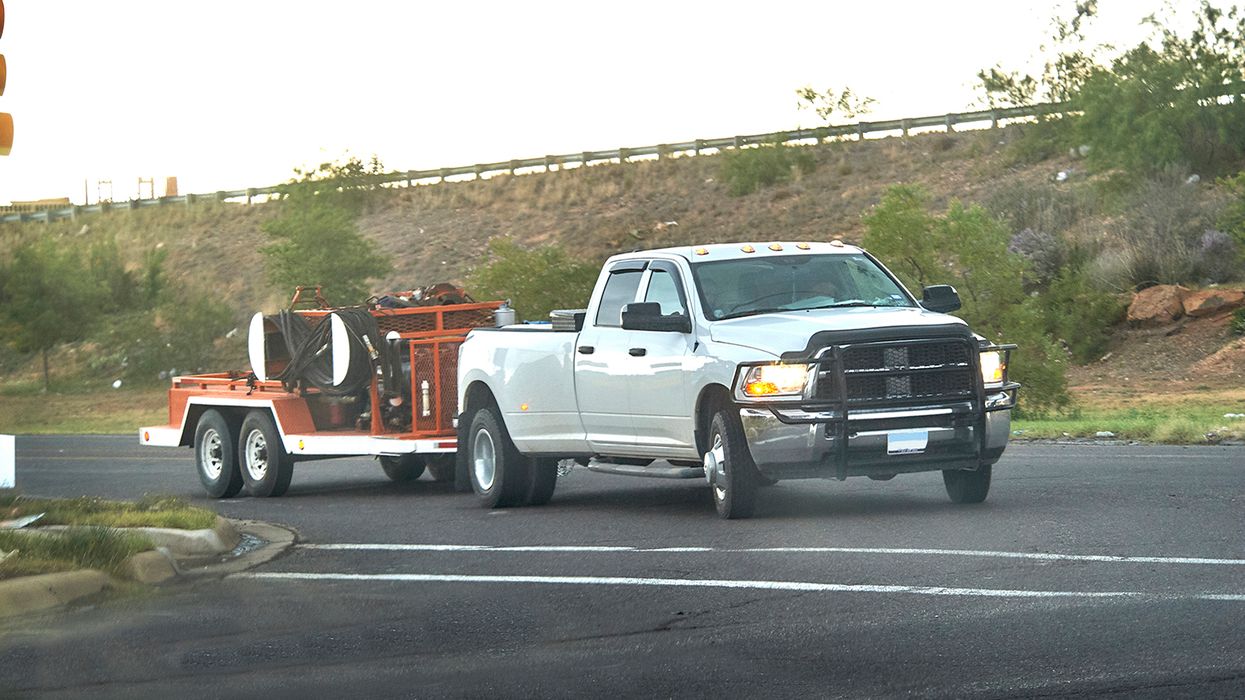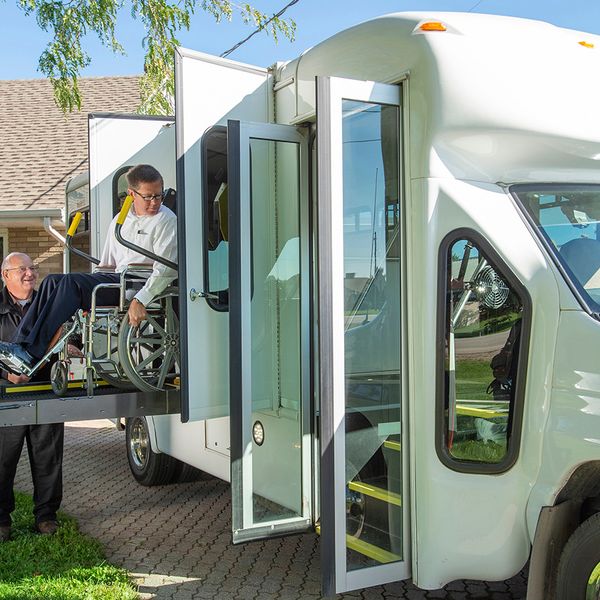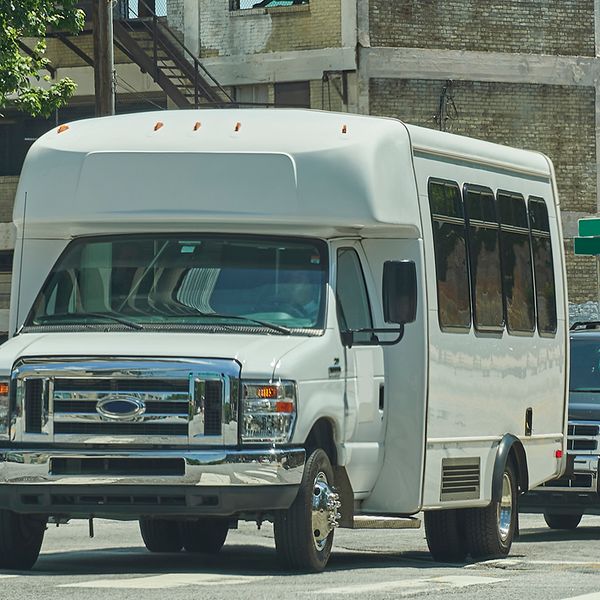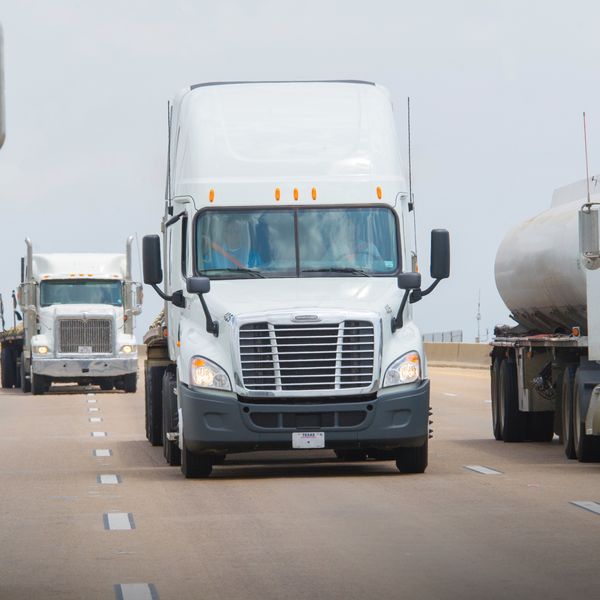What rules apply to construction vehicles?
If you have ever exclaimed, “I’m NOT a trucking company! I just need to know what rules my construction operation needs to follow,” this article is for you. But we can’t promise that you’ll like the answer, which is “most of them.”
Trucking regulations aren’t only for over-the-road drivers and companies, they apply to any company or driver that operates a commercial motor vehicle (CMV).
What counts as a CMV?
The general definition of a CMV is found in 390.5. At the core, it defines a commercial motor vehicle (CMV) that operates in interstate commerce, on a highway, and that weighs over 10,000 pounds (10,001 pounds or more). What is important to remember in the definition is that the FMCSA really does not care how the weight gets there – by actual weight or by the manufacture’s rated carrying capacity of the unit being driven plus any trailed units (in combination).
The definition also includes any vehicle of any shape or size that is carrying a placardable amount of hazardous material.
Private carriers regulated differently
The FMCSA breaks companies into two types of operations: private and for-hire. Both the terms are defined in 390.5.
Most construction companies are private carriers. The FMCSA defines a private carrier as a carrier that transports its own cargo, usually as a part of a business that produces, uses, sells and/or buys the cargo that is being hauled. The vehicles are typically used to move tools, supplies, and associates from Point A to Point B to get work done.
A for-hire carrier, on the other hand, transports regulated property owned by others for compensation. That is, they are paid to move goods from Point A to Point B.
Private carriers and the FMCSRs
Federal Motor Carrier Safety Regulations (FMCSRs) are the rules the FMCSA writes and enforces. The regulations apply to any vehicle that meets the CMV definition, the operator of a CMV, and a company that uses CMVs. There are many parts to the FMCSRs, and most apply to private carriers, including:
- For drivers of vehicles that require a CDL:
- The commercial driver’s license rule,
- Drug and alcohol testing, and
- Additional training requirements.
- For all CMV operators:
- Needing a USDOT number,
- Marking the vehicles with the company’s name and USDOT number,
- Driver qualification and file,
- Driving rules,
- Vehicle inspections,
- Cargo securement,
- Hours of service, etc.
There are some rules that do not apply to private carriers (including construction companies):
- Needing for-hire authority,
- Having process agents,
- Demonstrating financial responsibility,
- Receipts and bills of lading, etc.
Keys to remember
The FMCSA does not just regulate over-the-road drivers and companies, they regulate any company or driver that operates a CMV. It pays to comply with the regulations. They are meant to make a company safer, which reduces breakdowns, fines, accidents, and having drivers and vehicles being shut down or placed out of service.





















































